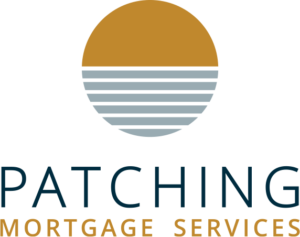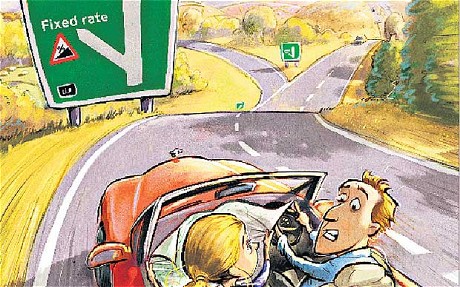Lets chat about how the average person goes about sourcing a mortgage, and finding the best rate. They will unfortunately have to take a few days off work due to the mortgage sector at banks not being open on weekends, will visit all the BIG banks, and ask them for their best rate. I don’t know about you, but that sounds like a pain in the butt, and a loss of income by not working. More so, when visiting with the banks, they won’t be able to quote you their best rates without pulling your credit. I highly urge you not to let them do this. The more your credit gets pulled, the lower your score goes, and blocks you from those best rates you’re looking for. To be safe, the lender will quote you their best fixed rate mortgage, and if you don’t know any better, well, that’s what you will go with.
But what about a variable rate option? Working with a Mortgage Broker like myself, we can look at all the rates and mortgage products available, only pull your credit once, and create a strategy that will allow you to pay off your mortgage loan ASAP.
Here are 4 reasons you should consider a variable rate mortgage product:
- Lower interest rate: The current gap between the Best in Market fixed rate, and the Best in Market variable rate mortgage is equal to 0.60%— The Average Canadian Mortgage Balance ($310K). That’s a savings of $159.57 that you don’t have to give the Bank for interest each month. Over the full 5 year term, you have saved over $9,500 in interest – should nothing change in the prime rate
- With each payment, more of your money will go towards the principal of your mortgage, and as a result, pay down your balance quicker.
- If you need to break your mortgage for any reason (death in the family, break up, moving out the country) choosing a variable rate will be much cheaper as you will only have to pay three months interest. On average, Canadians will do something with their mortgage contracts after the 3 yr mark. With a fixed mortgage, each lender is different, but I can assure you it will be much higher, I’m talking thousands. Also, which makes Variable so advantageous is that you can switch to a fixed rate any time throughout the life of the mortgage for FREE. Therefore if you’re advised to lock into a fixed rate because prime is increasing, you can do so. Take advantage of a low variable rate while you can, then switch to a fixed when the interest rates start to rise.
- Currently, internal bank prime rates are at 2.70%. and the discount associated with the prime rate is what you negotiate at the start of your mortgage. Once the commitment letter is signed, that discount rate will not change. Prime is the Variable in this equation though. If Prime increases, so will your rate and monthly payment.
Let’s take what happened in the past into consideration. Since 2005 the Bank of Canada Rate hasn’t moved all that much. It was 2.50% for both the bank and lenders. The Federal Government stated that they would keep rates low, and from June 2007 to July 2009, they froze the rate to a ZERO increase. We have only witnessed two increases since then, bringing the prime up to 3.00%, and back down to 2.7% where we are now. Then on September 19, it was announced that they’ll keep rates at a zero increase for a while now.
So in conclusion, Variable rates provide:
- More flexible product with a lower monthly expected payment
- Better redistribution of that payment to principal resulting in a lower balance at end of term
- If you want to be conservative, and have a set payment for your household budget then why not use the lower VRM product and make the FIXED payment. Every additional dollar you put down per month is now all principal, reduces your overall loan, and overall interested they can charge you in term.
The choice is yours, but I highly suggest considering a Variable rate mortgage.
Best,
D


